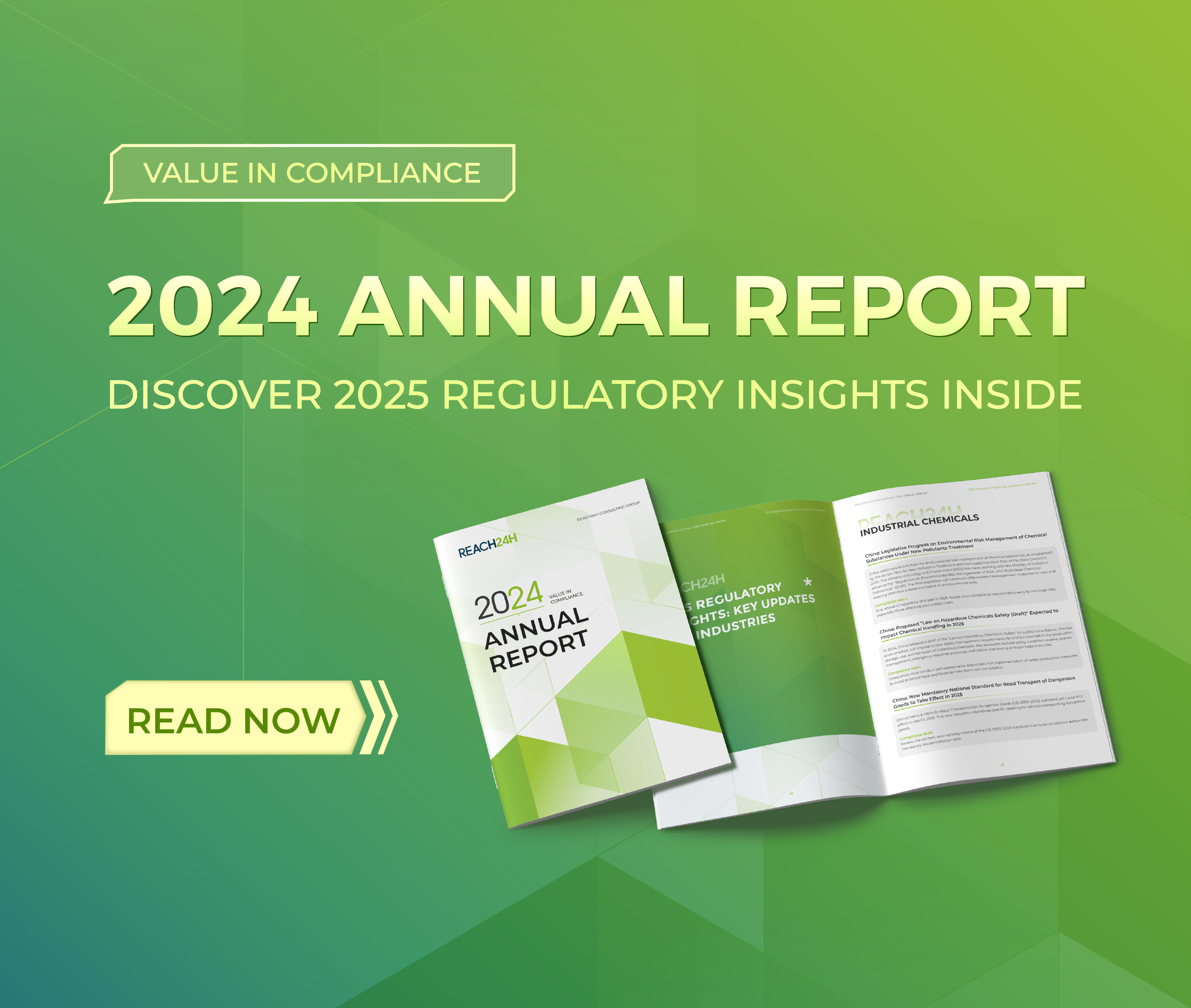China Promulgates New Pesticide Regulation
-
From June 1st 2017, China’s Ministry of Agriculture will be the sole regulatory authority empowered to undertake supervision and enforcement of regulations related to pesticide registration, production and issuance of the marketing license;
-
The cancellation of temporary registration will help to eliminate a large number of low technical capacity enterprises from China’s pesticide markets and reduce the number of registered products;
-
Domestic manufacturers will benefit from a more transparent regulatory system and a single centralized authority, which should increase the efficiency of regulatory compliance;
-
Regulations on pesticide package disposal will be drafted by MEP,MOA and the financial department under the State Council;
On 1 April 2017, Chinese Prime Minister Li Keqiang issued State Council Decree 677 promulgating the revised pesticide regulation, “Regulation for the control of Agrochemicals(aka: Regulation on Pesticide Administration)”, which will take effect on 1 June 2017. The move is part of an overall regulatory/legislative/administrative reform in China in which authority is being centralized replacing China’s historical predilection of dividing labor between several different regulatory authorities.
Pesticide Registration
The process will be divided into 2 phases: registration experiment and registration application.
- Registration experiment- Application for registration of generic pesticides should be submitted to the provincial agriculture management department for experiment filing, while applications for registration of new pesticides should be submitted to the MoA for experiment approval during which MoA will determine the safety, risks and mitigation measures for the experiment and decide whether to approve the experiment application. The experiment should be conducted at qualified testing facilities recognized by the MoA and the testing facility will be responsible for the authenticity of the test report.
- Registration Application- After the experiment, the applicant should apply to the provincial agriculture management department for pesticide application and provide test reports, label sample, product quality standard, quality testing method and other relevant information. In addition, new pesticide should provide the reference standard. If the pesticide was imported, the application should be submitted to MoA directly and should be accompanied by an appropriate reference standard, and documentation supporting its uses and registration status in the country of origin.
China maintains a 6 year data protection period for new active ingredient registration data. If a pesticide has the same composition, usage scope and application method as a previously registered pesticide, it is exempt from residue and environmental tests after the expiry of protection or if the consent of the previous registrant is given. The data of a registered pesticide is transferable. Decades of development in crop protection has transformed China into the world’s largest pesticide producer. This has caused severe problems for China’s environment and food safety. Other issues relating to overcapacity and anti-dumping investigations are also major hurdles yet to be addressed. The cancellation of temporary registration will help to eliminate enterprise of lower technical capacity and reduce the number of registrations.
Production License
Domestic producers will no longer have to deal with multiple authorities such as MIIT and AQSIQ. Pesticide production companies with qualified technical personnel, production facilities, production management and quality assurance system may apply to the provincial agricultural department for a production license, which specifies the company name, registered address,legal representative(technical executives),production scope(permitted products), production address and expiry date. If a licensed producer possesses a pesticide registration, it can subcontract the production/sub-packing authorization to another licensed producer who has not yet registered the product. The holder of the license will still bear responsibility for the quality of the product. The regulation also requires all pesticide producers to keep records of purchases and shipment activities, which should be kept for at least two years. Hyper and highly toxic pesticides and restricted pesticide should be labeled with “Restricted Use” and clear instructions on the restricted usage scope and any additional requirements. Pesticides intended for usage on food crops should also be labeled appropriately.
Marketing License (only for non-public health pesticide)
The qualifying criteria for approval of pesticide marketing will also be deregulated. In the past only 7 types of enterprise were approved for pesticide marketing. Now all companies equipped with qualified warehouses, technical personnel, adequate record keeping, safety protection, and emergency response systems will be eligible. Overseas companies may sell their product to China either through their Chinese subordinates or through collaboration with domestic marketing companies.
Pesticide Use and Package Recycling
The new regulation is more explicit about reducing pesticide usage through methods such as biological control, physical control and advanced application apparatus. Users that voluntarily reduce pesticide usage will be offered support and other incentives. Agriculture production, food and edible agriculture product storage and associated pesticide usage should be carefully recorded and all records kept for at least two years. Pesticide users are encouraged to return the empty packages and pesticide production and marketing companies are obligated to recycle and dispose of these packages. The regulation on pesticide package disposal will be drafted by MEP,MOA and the financial department under the State Council.
News Source: ChemLinked


